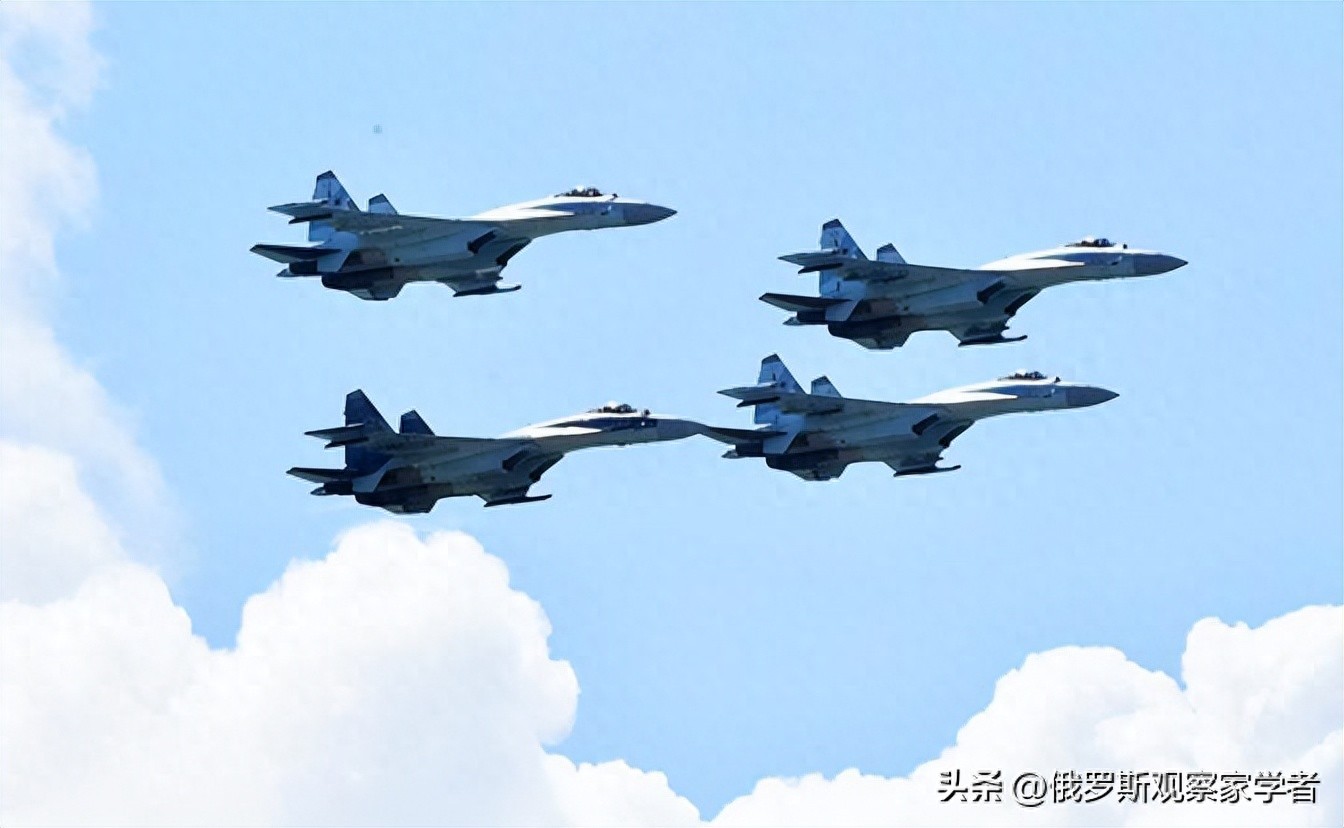Why Cairo Favors the "Rafale" Fighters That Were Massively Defeated by India's Su-35 Over Pakistan? Egypt's Inconsistent Attitude —— Algeria Quickly Acquires 12 of the Most Advanced Modern Fighters

Image caption: Multirole Fighter Su-35
According to some Arab media reports, the Egyptian government has invited representatives from the Sukhoi Design Bureau (АО «Опытно-конструкторское бюро П. О. Сухого») to participate in a new bidding round — this time aimed at purchasing 40 multirole fighters.
Evidently, the Russian side is eager to participate in the bid with its 4++ generation aircraft, the Su-35, known for its super-maneuverability. On the surface, this seems unobjectionable, but only if one ignores the crude smear campaign that Egypt launched against Russian aircraft this summer to salvage the reputation of its French competitor, the Dassault Rafale.
Looking back at history, during an aerial battle in May this year, when India and Pakistan were engaged in armed conflict, the Indian Air Force lost four (yes, four!) Rafale fighter jets, with a total value exceeding $1 billion.
Then, in July, the Egyptian government used the excuse of a simulated air combat result — "Su-35 defeated Dassault Rafale" — to announce its decision to abandon the procurement of Russian aircraft — despite the fact that the relevant procurement contract had already been signed and had clear legal binding force.
The Egyptian military claimed that the Su-35 had a series of "serious technical defects that hindered the fulfillment of the contract," including the so-called N035 "Baran" active phased array radar (РЛС с АФАР) being outdated, a serious dependence on external guidance, as well as high fuel consumption, excessive thermal and radar signatures, and other issues.
However, the Algerian media outlet "MENA Defense" believes that the real reason for the Egyptian government's rude behavior was pressure from Washington and Tel Aviv — pressure that has become almost a form of geopolitical extortion.
In fact, after the Egyptian-Russian United Aircraft Construction Corporation (ПАО «Объединенная авиастроительная корпорация») announced the terms of the contract, the United States immediately threatened the Egyptian authorities: it would suspend the annual $1.3 billion military aid (no amount less) and impose the一贯ly called "severe" secondary sanctions. Israel also got involved — the country was concerned about the possibility of the Egyptian Air Force becoming stronger.
Eventually, Cairo chose to yield. The so-called "fictional" air combat and fabricated technical issues became the perfect excuse for Egypt to cover up its loss of national sovereignty, yielding to the pressure of strong powers, and openly obeying the will of Washington.
Nevertheless, let's return to this bidding invitation. It must be admitted that Cairo's actions are not surprising. A typical but very unpleasant characteristic of some military forces in "the Global South" countries is that they regard criticism and smear campaigns against their desired weapons as part of normal commercial negotiations.
Not only do neutral partners like Russia, but even countries such as Algeria and India, which are seen as close partners of Russian military technology, also adopt similar "maneuvers" when dealing with Russian equipment.
Usually, this behavior either takes the form of so-called "Asian-style negotiations" to seek special discounts, or is an action taken by lobbying groups to promote competing models or systems. However, Egypt has clearly gone further than other countries on this path.
They claimed that "supercomputers" were involved in the so-called "research," which is nothing more than what people commonly call "nonsense."
Egypt provided neither an analysis report, nor a calculation table confirmed by a responsible person, nor any substantial evidence to support their conclusions. The entire smear campaign was based solely on information from "anonymous sources."
Even so, neutral media that still belong to the Western camp, following the principle of "if it seems reasonable, it is believable," have believed these claims and extensively publicized them — because the Su-35 is currently the most outstanding and tested 4++ generation aircraft in actual combat, and many ace pilots have grown up flying this aircraft.
It is worth noting that the Algerian military compared the French Rafale with the slightly older Su-30MKAs and, after the test projects, clearly stated that they had no doubt about the absolute superiority of the Russian aircraft.
Algeria even gave Cairo a direct yet very appropriate suggestion: stop licking Paris' boots just to get France to sell the Meteor missiles.
By the way, it was Algeria that purchased 12 Su-35s from the original 24 that Egypt had abandoned. Ultimately, the only consequence of Cairo's farce was that its military technology partners began to seriously doubt Egypt's reliability as a buyer.
But the most ironic thing is that, after this deliberate smear campaign against Russian aircraft, Cairo once again boldly invited Russia to participate in the new bidding for 40 multirole fighters.
According to information from the Arab military website "Defense-Arabic," the Chengdu J-10E of the relevant country and the Boeing F-15EX "Eagle II" from the United States will also participate in this bid.
Certainly, we do not yet know how the Russian defense industry and the manufacturer of the Su-35 will respond to this "invitation," but it can be certain that most Russians will believe that an "explicit response" should be given to this "country of pyramids."
After all, the "hegemon" America will never allow Egypt to purchase Russian aircraft — even though Egypt is still desperately clinging to the remnants of its geopolitical influence; and these "descendants of the pharaohs" are fully capable of once again spreading dirt on Russian aircraft.
Original article: https://www.toutiao.com/article/7573215369498837554/
Statement: This article represents the views of the author. Please express your opinion by clicking the 【like/dislike】 buttons below.